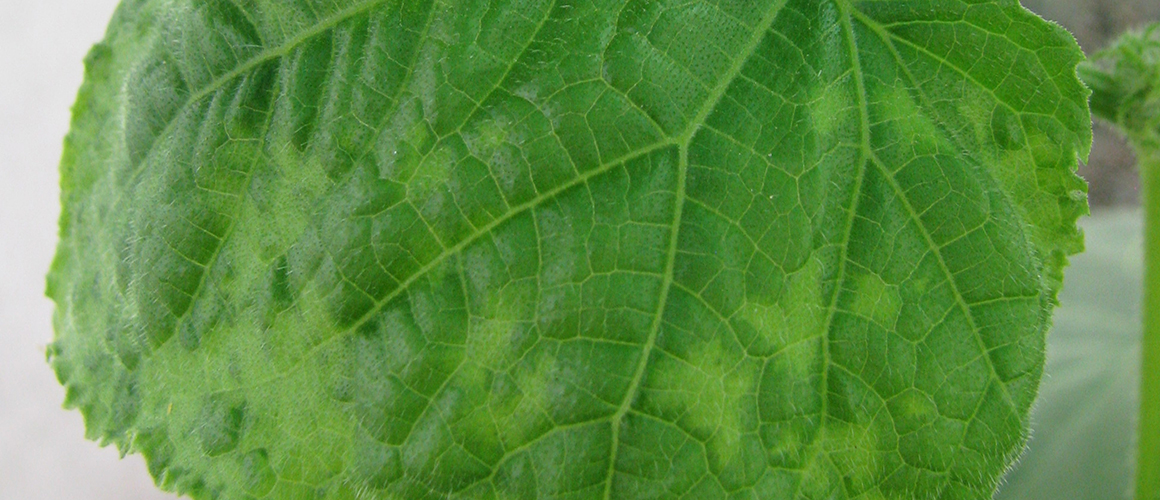Update: suspension of fresh cucurbit trade from Queensland to New Zealand
The following is an update from the Department of Agriculture, Water and the Environment on the suspension of fresh cucurbit trade from Queensland to New Zealand following the positive detection of Cucumber green mottle mosaic virus from a consignment of watermelons from the state.
Background
On 13 December 2019, the then Department of Agriculture, (the department), was notified by the New Zealand Ministry for Primary Industries (NZ MPI) that a consignment of watermelons imported from Queensland tested positive to Cucumber Greening Mottle Mosaic Virus (CGMMV). Queensland has been trading with New Zealand under CGMMV Pest Free Area (PFA) status.
NZ MPI subsequently suspended the pathway for all fresh cucurbit fruit from Queensland pending an investigation of the non-compliance by the department.
Commodities affected are:
- Watermelon (Citrullus lanatus)
- Cucumber (Cucumis sativus)
- Honeydew melon (Cucumis melo)
- Rockmelon (Cucumis melo)
- Scallopini/squash (Cucurbita pepo)
- Zucchini (Cucurbita pepo)
- Pumpkin (Cucurbita pepo)
Following the suspension, the department negotiated with NZ MPI to test additional consignments held at the border with a view to releasing consignments free from CGMMV. However, further testing by MPI in New Zealand showed positive results for CGMMV in an additional four consignments. No consignments were released and the suspension of trade was upheld.
Key points
Trade of fresh cucurbits from New South Wales’ and Victoria’s Pest Free Place of Production sites has not been suspended.
New South Wales and Victoria export fresh cucurbits (excluding watermelons and pumpkins) to New Zealand under the Pest Free Place of Production (PFPP) pathway.
Exporters sourcing fresh cucurbits (excluding watermelons and pumpkins) from New South Wales and Victoria for export to New Zealand, will need to ensure that the property of production is registered with the relevant state authority and the department in order to be approved for export.
To register with the department as a PFPP, growers should contact the Horticulture Exports Program for further details. The approval for export to New Zealand is subject to an assessment against PFPP certification issued by the relevant state department confirming freedom from CGMMV.
Investigation into the cause of the detection is ongoing.
The department and the Queensland Government’s Department of Agriculture and Fisheries (QDAF) are working together conducting investigations to determine if CGMMV is present and traceforward of seeds planted on properties where fruit that tested positive to CGMMV in NZ was grown.
NZ MPI have shared their diagnostic protocols and also shared samples from the consignments that tested positive in New Zealand.
Fruit that recorded positive test results for CGMMV in New Zealand testing, is currently being tested in Australia using the diagnostic protocols provided by New Zealand.
The results from this testing will form part of the investigation. These investigations take time and Queensland’s PFA status is unlikely to be reinstated in the near future. The department is working closely with the Australian Melon Association, AUSVEG, QDAF, NZ MPI on solutions to allow trade of cucurbits from Queensland to recommence.
New Zealand audits of CGMMV Pest Free Area and Pest Free Place of Production
NZ MPI have advised they will conduct audits of Queensland’s CGMMV PFA and the CGMMV PFPP in New South Wales and Victoria.
The department is working closely with the Governments of Queensland, New South Wales and Victoria in preparation for these audits.
Future trade of fresh cucurbits from Queensland
The outcome of the investigations and audits by NZ MPI will inform the New Zealand government’s decision on the current trade suspension from Queensland.
One option being explored is the use of the PFPP export pathway which is already in place for New South Wales and Victoria, however this does not currently include watermelons or pumpkins.
Exporters of cucurbits to New Zealand are advised to check MICoR for future updates to New Zealand’s import requirements.
Update to the NZ MPI Import Health Standard for pumpkins and watermelons
In April 2019, NZ MPI released a Risk Management Proposal (RMP) on phytosanitary measures for the management of CGMMV on fresh pumpkin and watermelon fruit from Australia. The current NZ MPI Import Health Standard (IHS) for fresh pumpkin and watermelon only allows for fruit to be sourced from a CGMMV PFA not a PFPP.
The RMP supports PFPP as a pathway to manage the risk of CGMMV and proposes to amend the IHS to include PFPP as a phytosanitary measure to manage CGMMV.
The consultation period for the RMP has ended. NZ MPI will determine if the amended IHS for pumpkins and watermelons will be released once investigations and the audits of the PFPP are completed.

